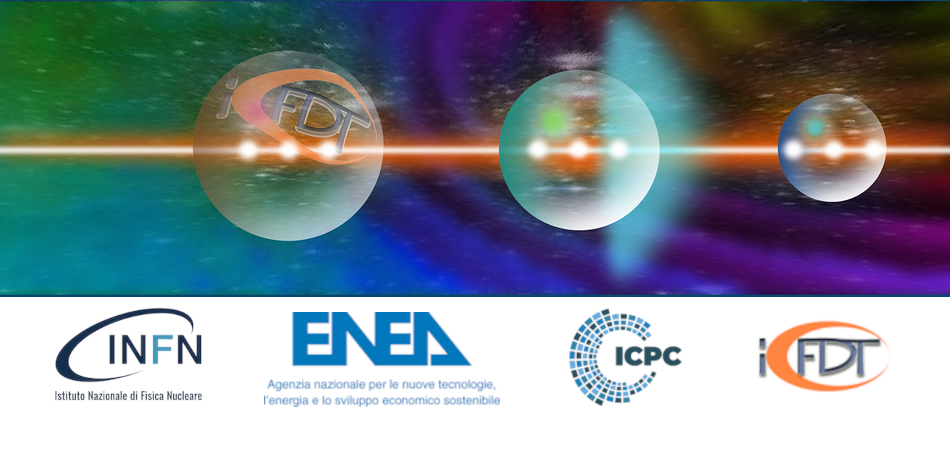Speaker
Description
Precision medicine aims to provide highly personalized responses to clinical needs. To achieve this goal, doctors need to have more patient-specific information for diagnosis and a better understanding of the effects of the therapies. Hence, there is the urgent demand of new diagnostic and prediction tools. In silico models can be powerful tools to achieve these goals, but they still have limited capabilities in replicating the integrated and multi-factorial mechanisms underlying the functioning of physiological systems. This lecture will introduce chemo-mechano-biological in silico tools developed by our group to address some of the unique challenges arising in this context for cardiovascular biomechanics. A better understanding of mechanisms driving pathological progression or regression is gained, leading to improved treatment and prevention strategies for cardiovascular diseases.

